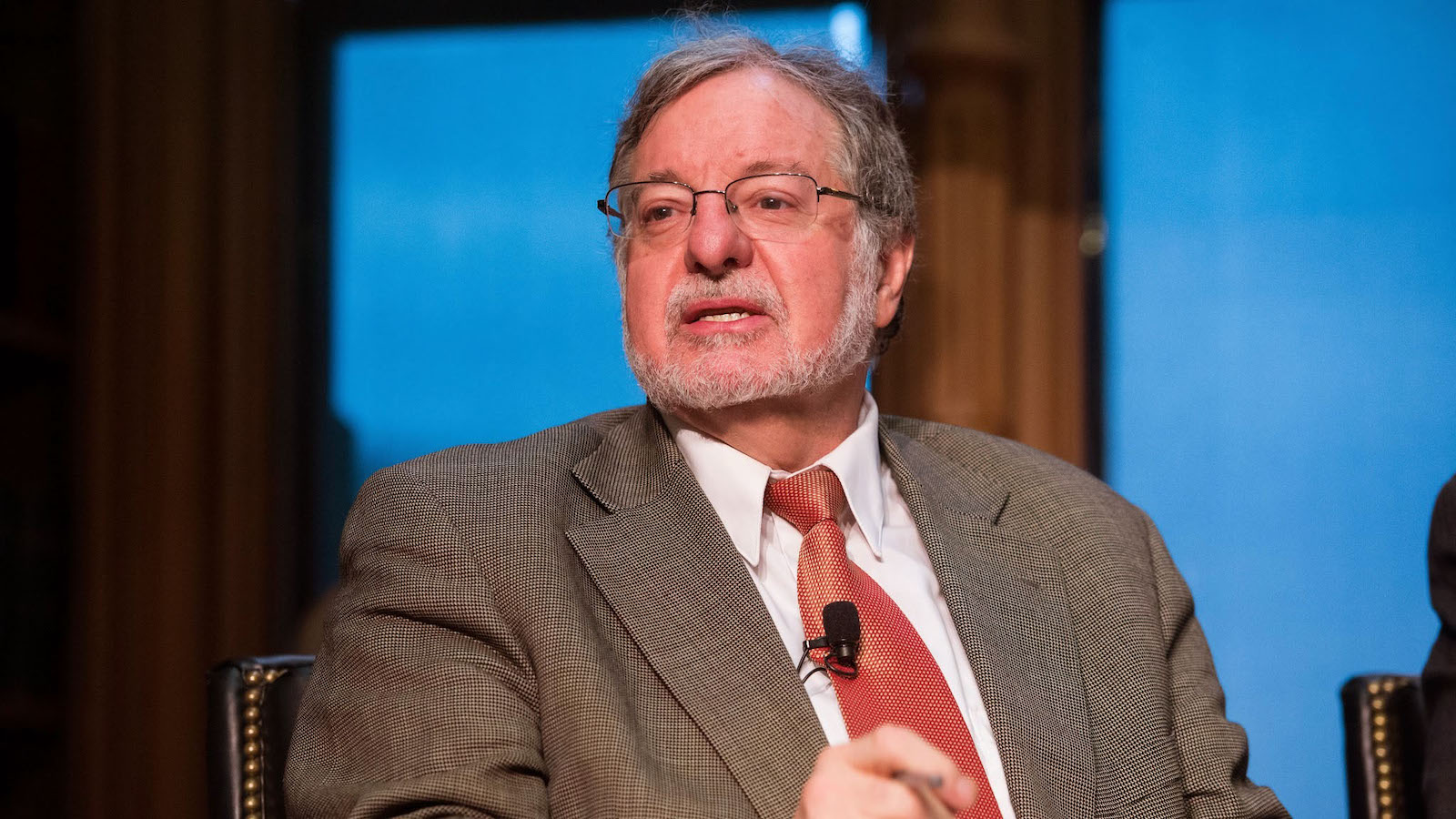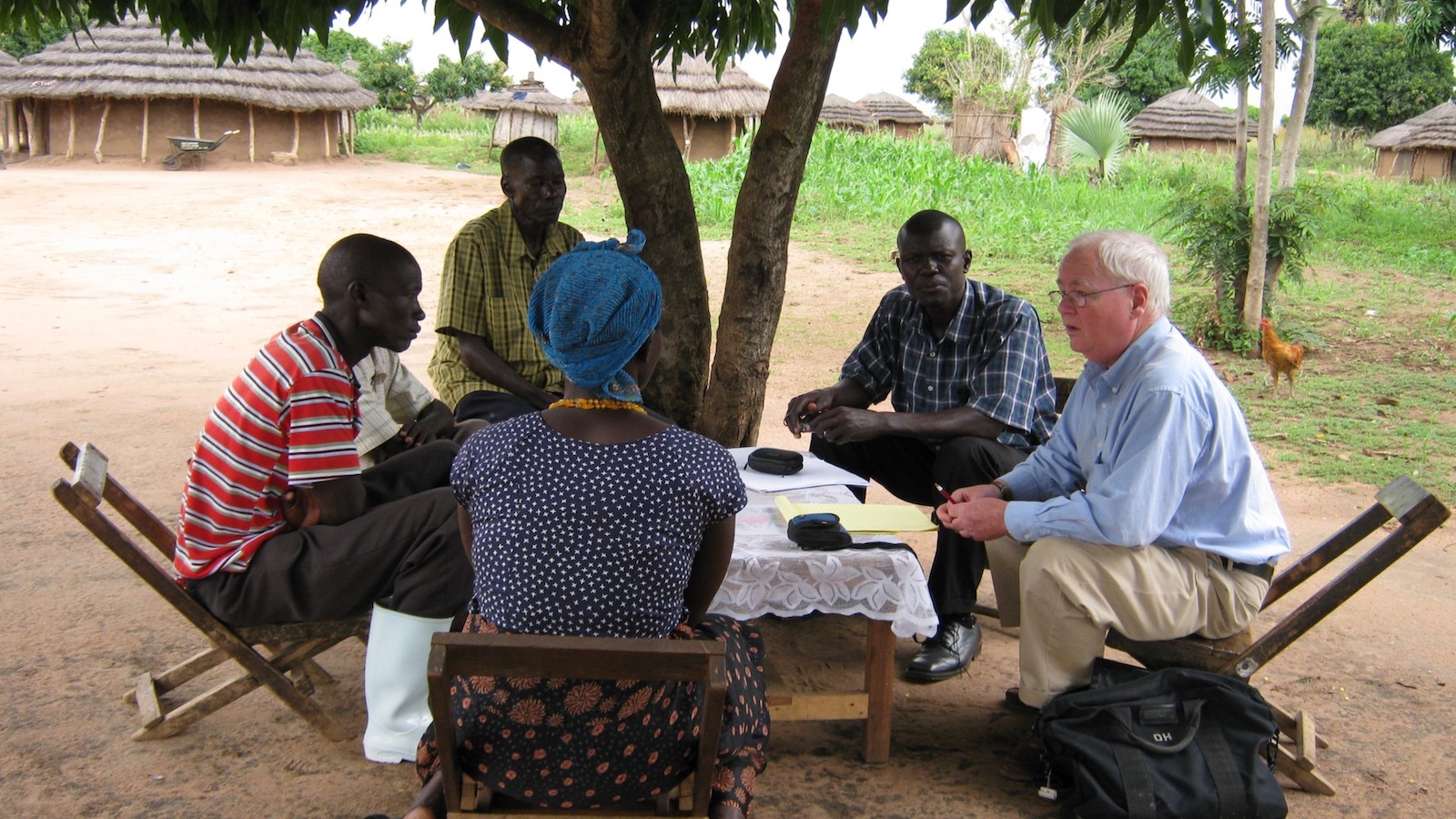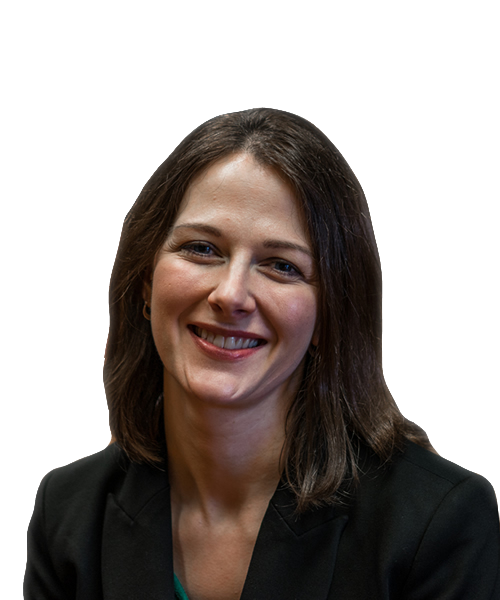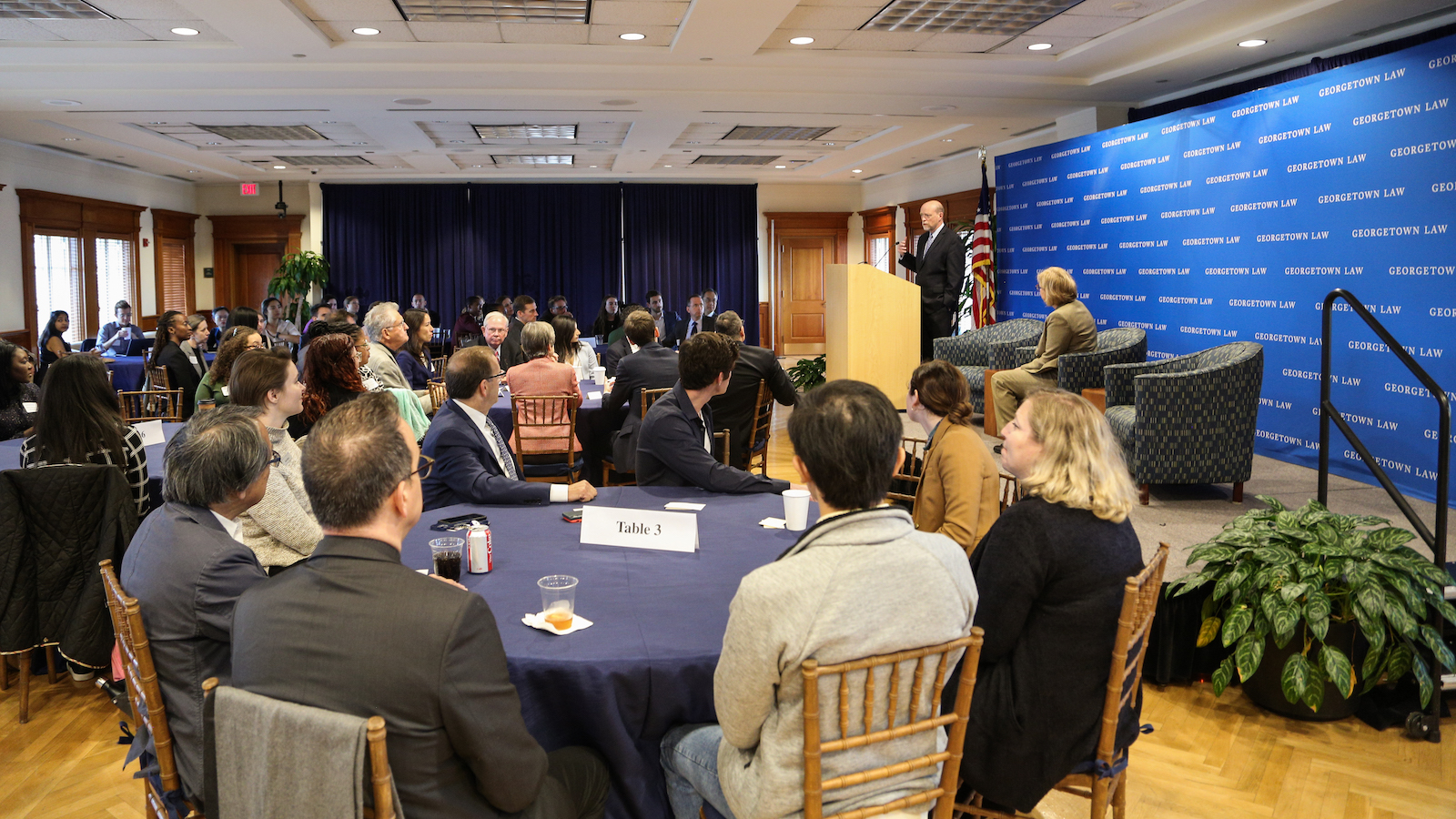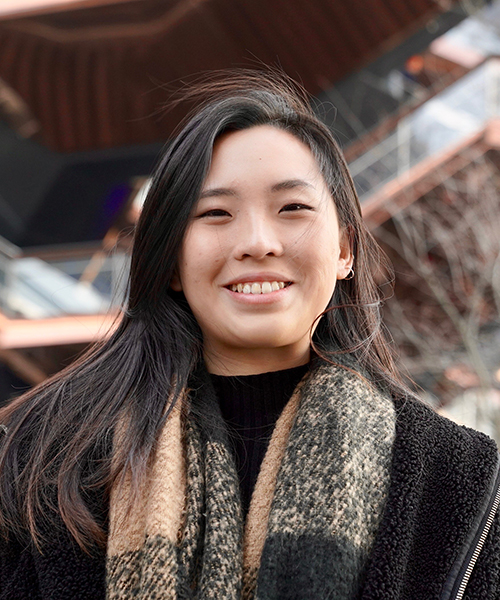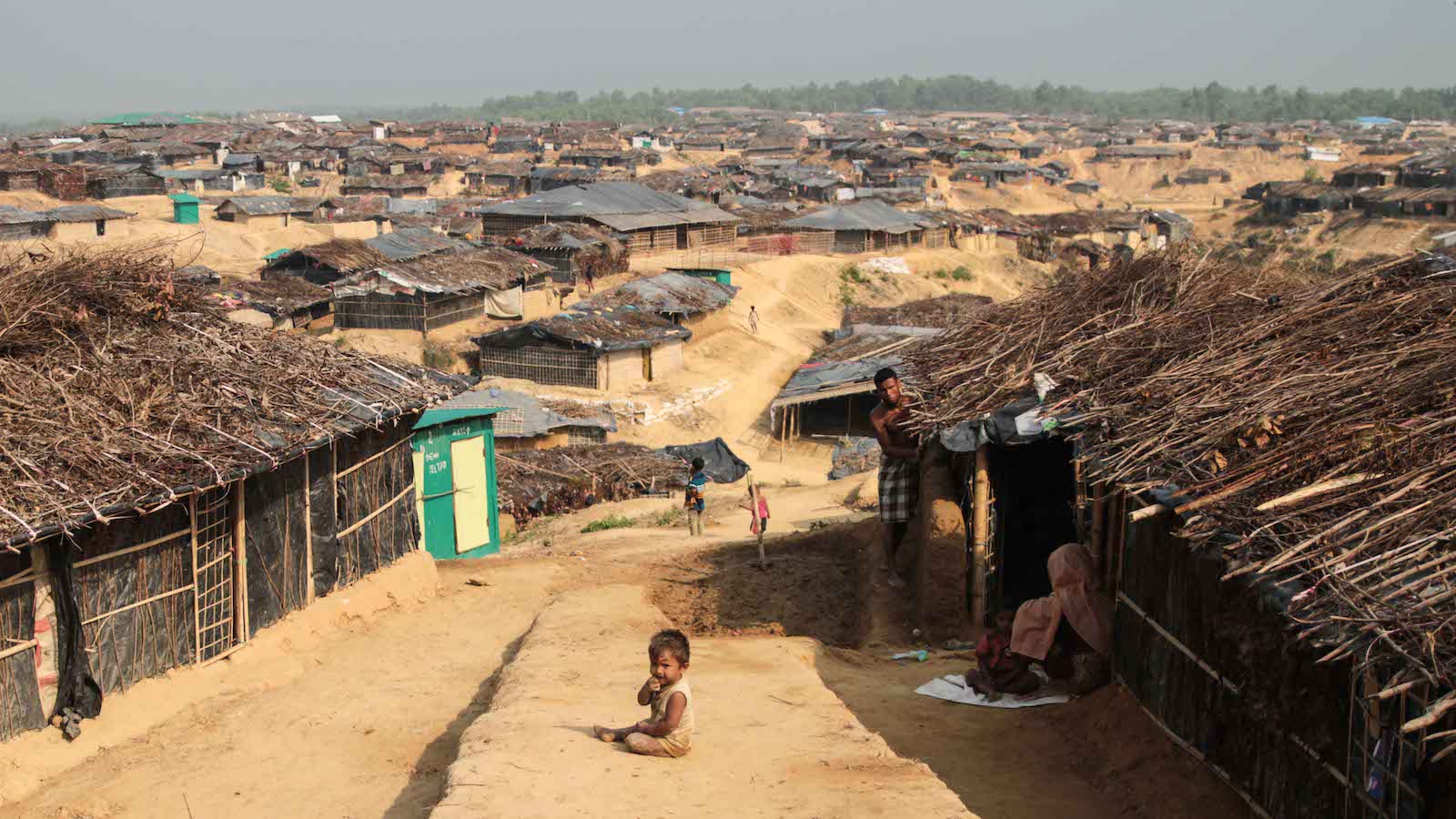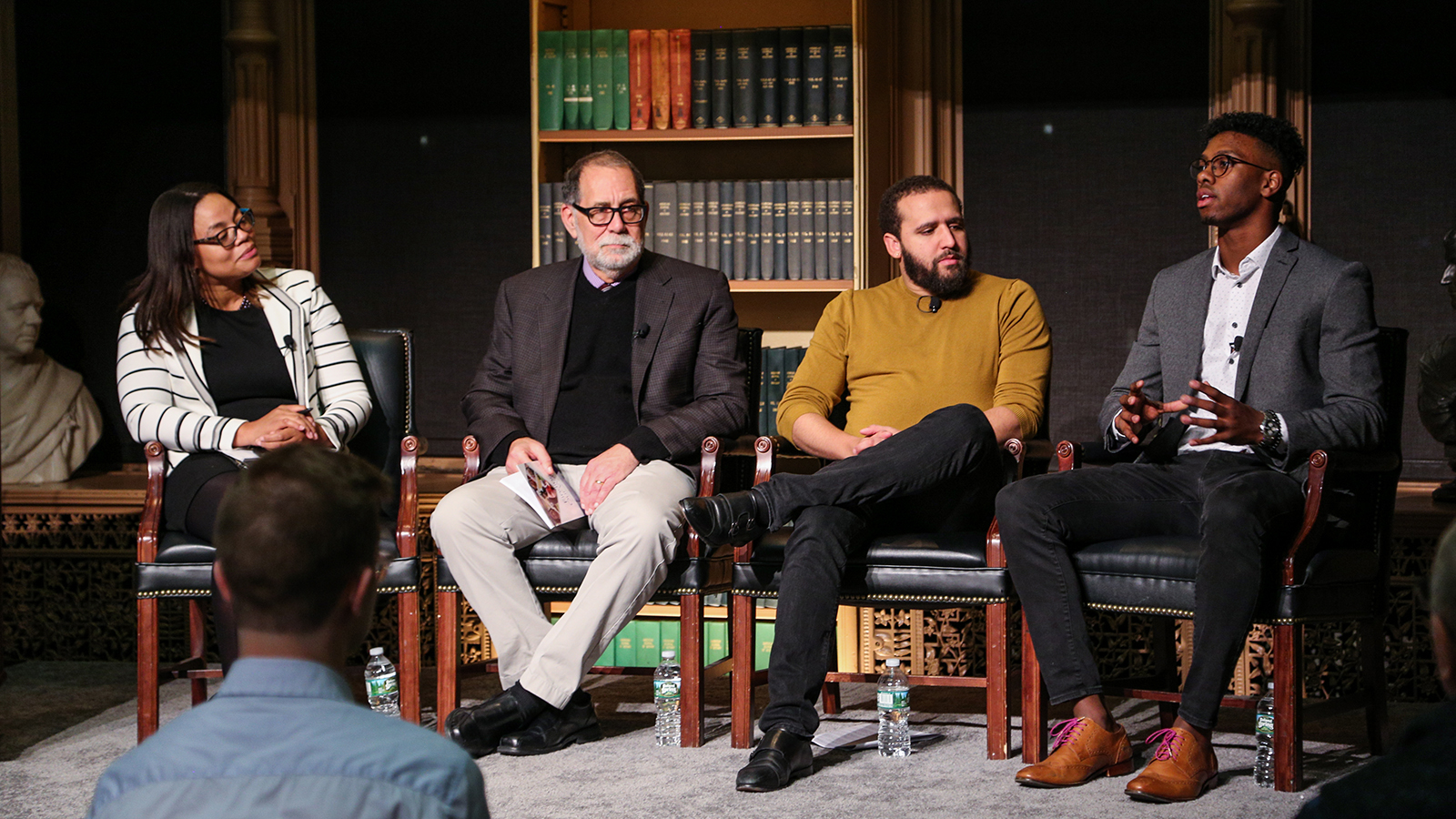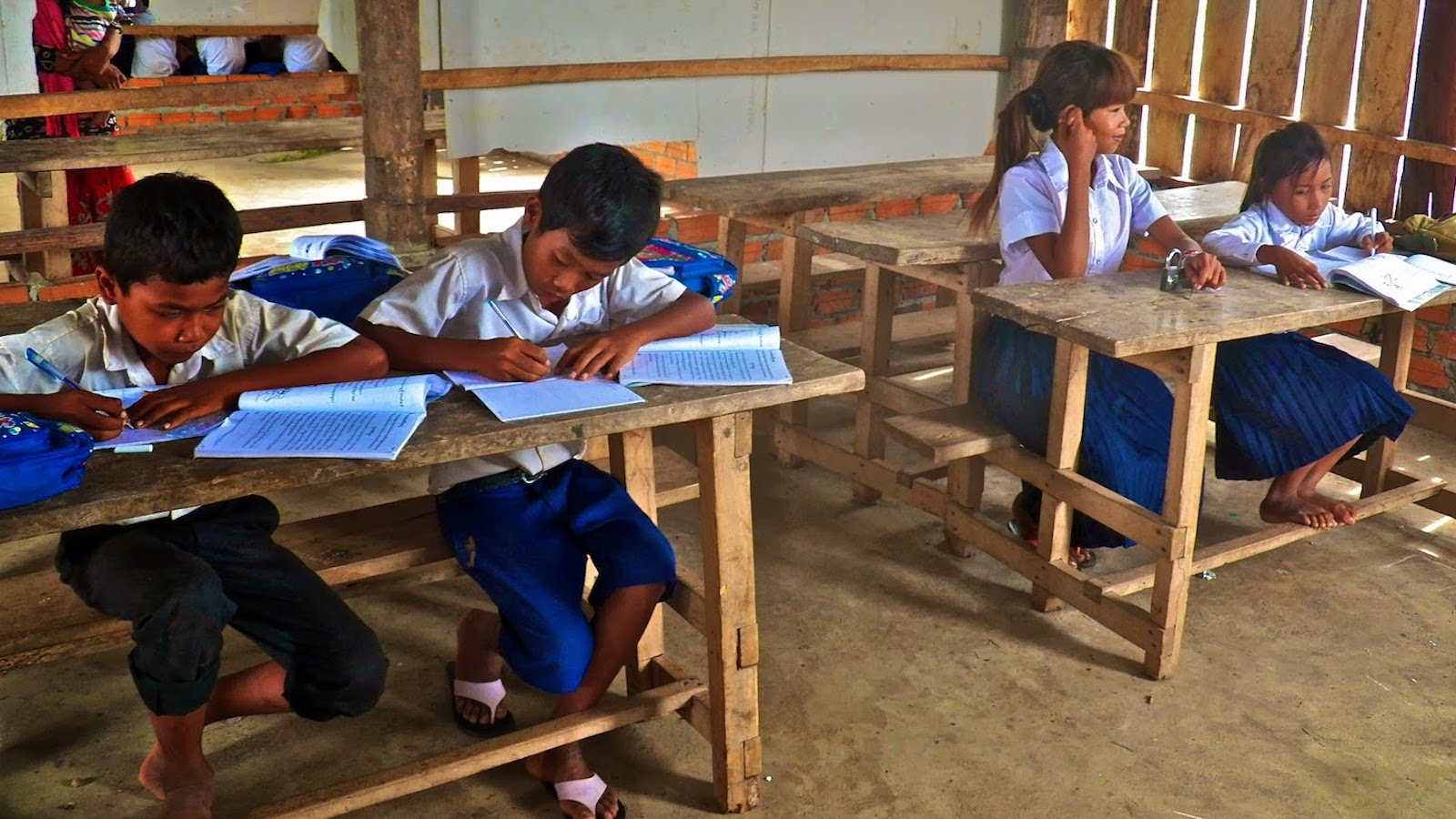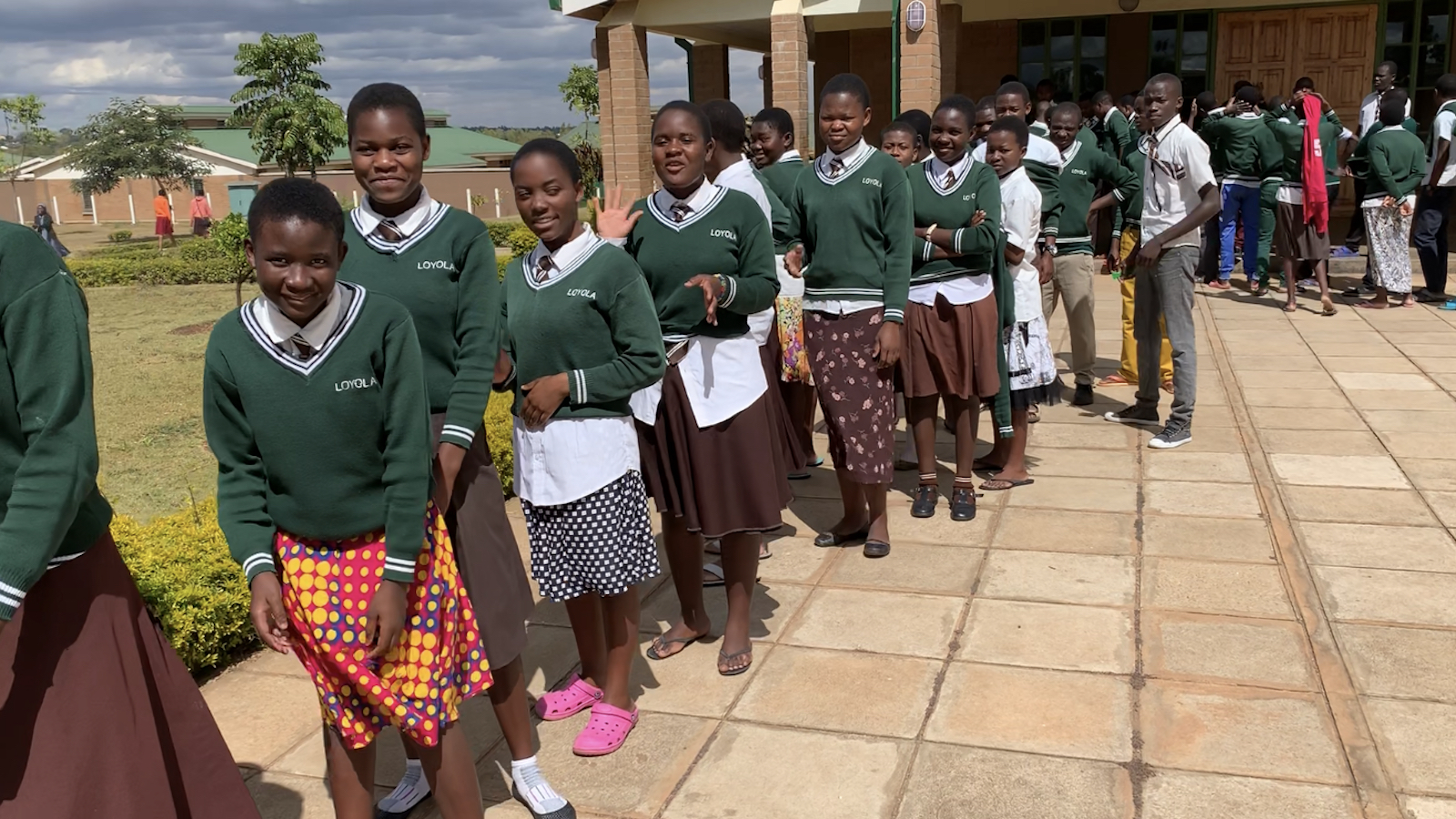In many ways, [my Doyle Seminar] was the most fulfilling teaching experience of my career so far, as every class we ended up having such meaningful discussions and debates about immigration, refugees, displacement, xenophobia and more. At another level, meeting the other Doyle instructors earlier in the semester was formative for my own teaching: I built connections with two professors working on the issue of migration/immigration in different fields, and even co-led a joint class excursion to a museum, which turned out to be a very meaningful moment of cross-pollination between our classes—and the basis for future scholarly collaboration.





